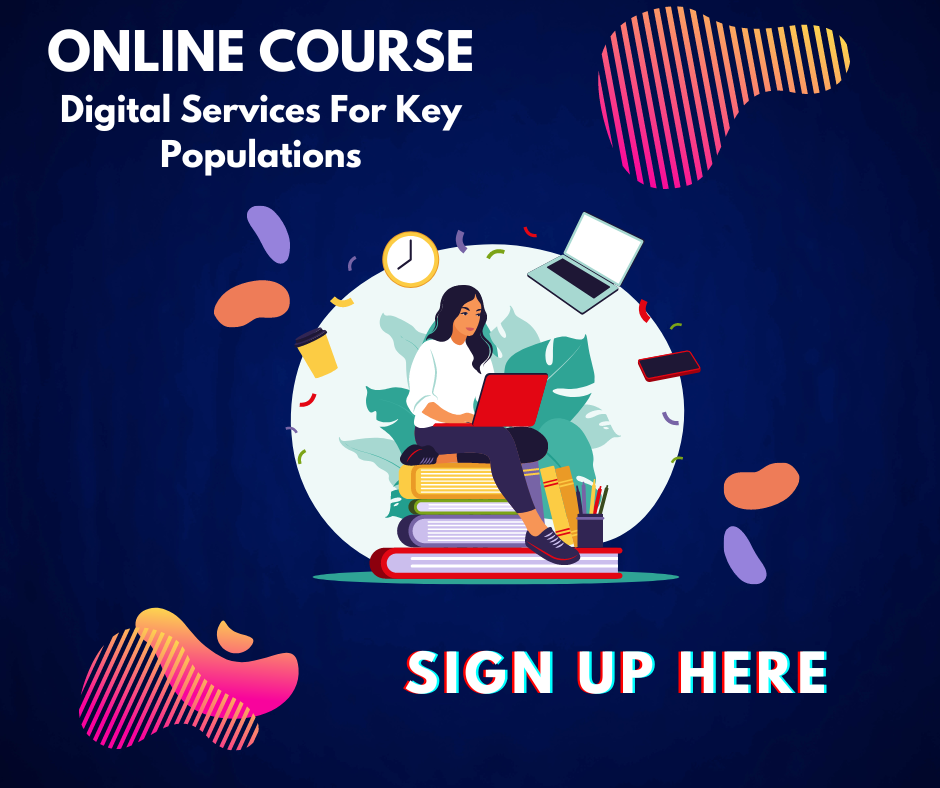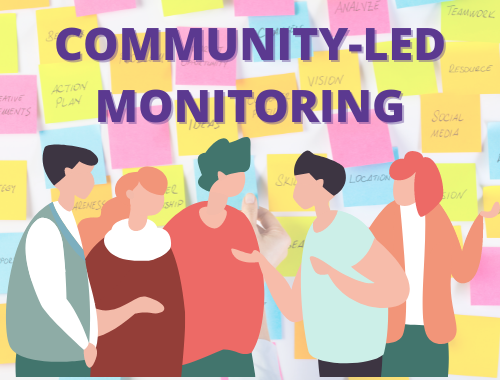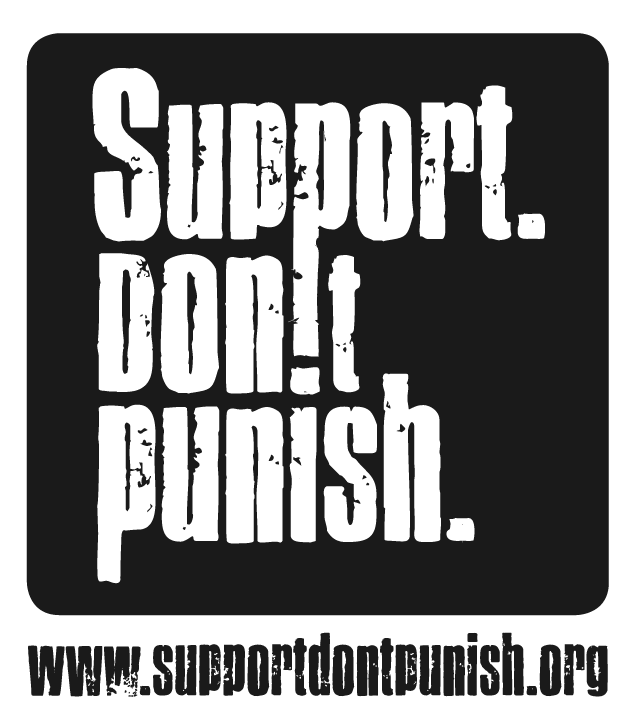REQUEST FOR PROPOSALS (RFP)
| RFP Number | EHRA-06-22 |
| RFP Title | External consultants to conduct the assessment of the sustainability of opioid agonist therapy (OAT) in the context of the transition from the Global Fund support to national funding in Republic of Albania and Kyrgyz Republic |
| RFP Closing Date and time: | 24:00 EET 15 July 2022 г. |
| Proposal Submission Address: | info@harmreductioneurasia.org |
Background
Being a partner of the Alliance for Public Health, the All-Ukrainian Network of PLWH 100% Life and other regional and national organizations in the implementation of the Global Fund funded regional HIV project “Sustainability of services for key populations in Eastern Europe and Central Asia”, Eurasian Harm Reduction Association (EHRA) is aimed at the improving the sustainability of HIV programs in EECA countries.
To contribute to this objective, EHRA is planning to conduct in a number of EECA countries the assessment of the sustainability of opioid agonist therapy (OAT) in the context of the transition from the Global Fund support to national funding.
In 2019 – 2020 the Eurasian Harm Reduction Association (EHRA) has developed and piloted the methodological approach and tools for countries to assess the sustainability of opioid agonist therapy (OAT) programs in the context of transition from Global Fund’s, or other donor, support. This assessment covers the current situation, progress achieved, risks, and opportunities for sustainability with a focus on programmatic aspects of OAT.
EHRA is looking for the national level consultants to conduct the assessment of the sustainability of OAT programs in the context of transition using the EHRA developed assessment framework and methodology in Republic of Albania and Kyrgyz Republic.
Tasks for the consultant
The consultant is expected to conduct the national assessment process in accordance with an Assessment Guide “Measuring the sustainability of opioid agonist therapy (OAT)”. The assessment process should include the next stages:
- Preparation stage
At this stage consultant is expected to familiarize themselves with the reports on the results of the assessments, conducted in other countries, as well as to conduct the planning and revision\adaptation of the OAT Sustainability Assessment Framework and methodology to the national context. To do that it the consultant will need to establish and engage an advisory group composed of 4-7 national experts representing different sectors and bringing a combination of expertise in the issue areas (please see chapter 2.1. of the Assessment Guide for more details).
In particular, the revision and adjustment of the tools provided in the relevant sections of the EHRA Assessment Guide are recommended, including:
- Outline of the report (Annex 3 of the Assessment Guide);
- Instruments for structuring the collected information from the literature review and interviews (and focus groups, if any) (see the separate file for Annex 4 with the instructions and instruments for each of the indicators); and,
- Interview and focus group guides (see separate files for Annex 5 and Annex 6 accordingly).
Adjustment of the first two instruments – the outline and the instruments for structuring information – is recommended to be undertaken first. The changes in the interview guide should follow the desk review (see Section 2.2.1. of the Assessment Guide) once conducted and missing information is identified.
- Assessment stage
To conduct a thorough and comprehensive assessment, the following steps must be undertaken:
- Throughout the data collection process, to assess each indicator for each sustainability issue area using the tables provided in the annexes to the Assessment Guide (see Annex 4 of the Assessment Guide) and in accordance with the outline of the report (Annex 3 of the Assessment Guide);
- To conduct the collection of quantitative and qualitative data through a desk review (see the Section 2.2.1 of the Assessment Guide);
- To conduct the collection of quantitative and qualitative information through interviews with selected key informants (see Section 2.2.2. of the Assessment Guide) and focus group discussions (see Annexes 5 and 6 of the Assessment Guide); and,
- To analyze the received data and prepare it for the inclusion into the report.
Guidance on how to complete each of the above key steps is provided in relevant sections of the EHRA Assessment Guide “Measuring the sustainability of opioid agonist therapy (OAT)”.
In accordance with the OAT sustainability framework, the focus of all of these steps should be around the next three issue areas of sustainability: Policy & Governance, Finances & Resources and Services.
- Development of the report
Once the assessment has been conducted, the consultant is expected to compile the data and draft the report. Conducting data verification will be required with the suppport of the Advisory Group – more guidance on that could be found in the Assessment Guide.
A report outline is provided in Annex 3 to the Assessment Guide. The report should include contextual sections, findings and conclusions for each of the issue areas as well as general conclusions and recommendations to government institutions, practitioners, civil society, technical partners and donors.
Deliverables
The report on the results of the assessment of the OAT sustainability in the context of the Global Fund transition in one of the next countries – Albania, Kyrgyzstan – in accordance with the preliminary agreed outline. The report should include the annexes with the information on the detailed methodology, the list of respondents and an overview of measurement scoring of sustainability. Other annexes could be included as well if relevant.
The language of the resulted documents should be English or Russian.
Timeframe
- The Preparation stage should be completed by 15.08.2022. The report outline, instruments for structuring information and interview guide should be agreed with the EHRA in case they are changed\adjusted. List of the advisory group members should be agreed with EHRA as well by that date.
- The Assessment stage should be completed by 30.09.2022.
- The draft report should be provided to the EHRA colleagues for the review and feedback by 31.10.2022.
- The final report should be submitted by 01.12.2022.
Payment
The final cost of the contract will be calculated based on the number of working days indicated by the consultant in their application required to complete each stage of the assessment process described in this RFP, as well as the daily rate (in Euros) confirmed and agreed with EHRA. The daily rate must include all taxes to be paid by consultant themselves.
Evaluation criteria / requirements for candidates:
Submitted applications will be evaluated by the evaluation panel of the Eurasian Harm Reduction Association. A two-stage procedure will be utilized in evaluating the proposals:
- evaluation of the previous experience (portfolio) via technical criteria – 80% in total evaluation (please find the criteria in the table below)
- comparison of the costs (best value for money) – 20% in total evaluation. The EHRA will evaluate the proposal regarding the best value for money (price in euros and other factors are taken into account).
Cost evaluation is only undertaken for technical submissions that score a minimum 80 points out of a maximum of 100 as a requirement to pass the technical evaluation. A proposal which fails to achieve the minimum technical threshold will not be considered further.
| Criteria: | Points |
| High level of knowledge on OAT situation in the country of the assessment, including programmatic, organizational, financial and political aspects (to follow from the Letter of Interest); | 25 |
| Good knowledge and understanding of the processes taking place in the country in the context of the transition from the Global Fund’s support and ensuring the sustainability of HIV and OAT related services. The personal participation of an expert in such processes at the national or regional levels is welcome (should follow from the Letter of Interest); | 25 |
| Relevant experience in conducting this kind of analytical work, including collecting and analyzing qualitative and quantitative data, preparing reports on the results of assessments and recommendations (should follow from the Letter of Interest); | 25 |
| Availability of professional contacts with experts dealing with OAT in the country, as well as clients of OAT programs, the ability to establish communication with experts key to this assessment (should follow from the Letter of Interest); | 25 |
| Maximum possible number of points | 100 |
Mandatory requirement for the candidates: excellent knowledge of written and spoken English and Russian (for the candidates to conduct the assessment in Kyrgyzstan), good knowledge of written and spoken English (for the candidates to conduct the assessment in Albania) and excellent knowledge of the native language of the country to conduct the assessment for any candidates.
This announcement shall not be construed as a contract or a commitment of any kind. This request for proposals in no way obligates EHRA to award a contract, nor does it commit EHRA to pay any cost incurred in the preparation and submission of the proposals.
Based on the evaluation results, the evaluation panel may decide to support several consultants. In this case, the evaluation panel will contact the selected consultants for negotiations.
How to apply
To be eligible as a EHRA consultant, any organization or individual must comply with the Eurasian Harm Reduction Association Code of Ethics which you can find at the following link: https://old.harmreductioneurasia.org/ehra-code-of-ethics/ Also, the applicant should support the position of the EHRA on the issue of Russian aggression against Ukraine https://old.harmreductioneurasia.org/eurasian-harm-reduction-association-condemns-the-russian-war-against-ukraine/
Applicants must submit the following documents:
- CV,
- Letter of Interest.
The CV and application must reflect the candidate’s competencies required to complete this task. The Letter of Interest should also include the estimated number of working days required to complete each stage of the assessment process and the daily rate in EUR.
Please submit your proposal to the info@harmreductioneurasia.org
In the subject line of your e-mail please indicate the RFP number and your name. Otherwise, the application will not be considered.



